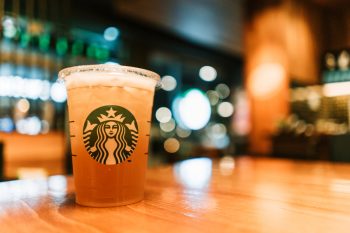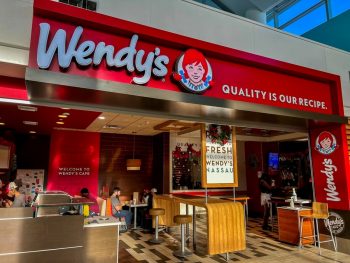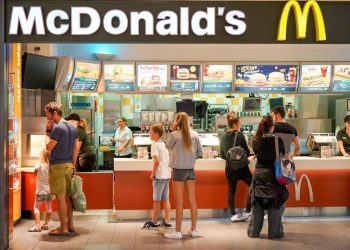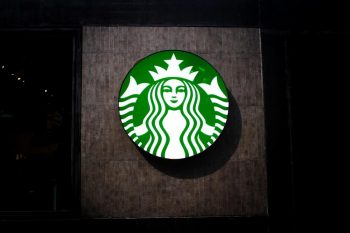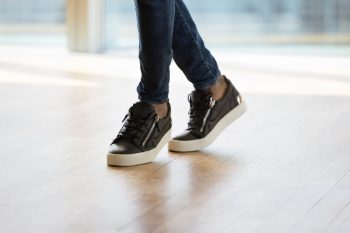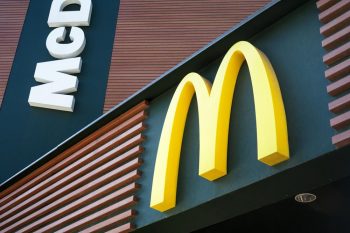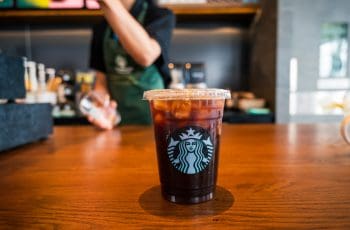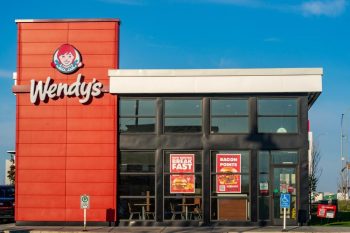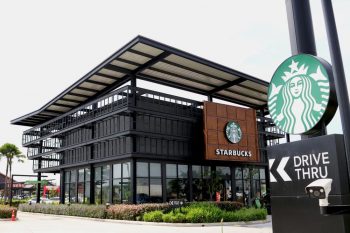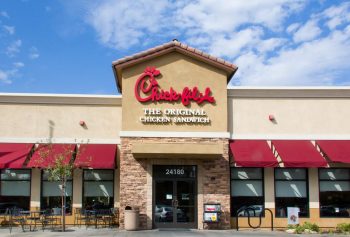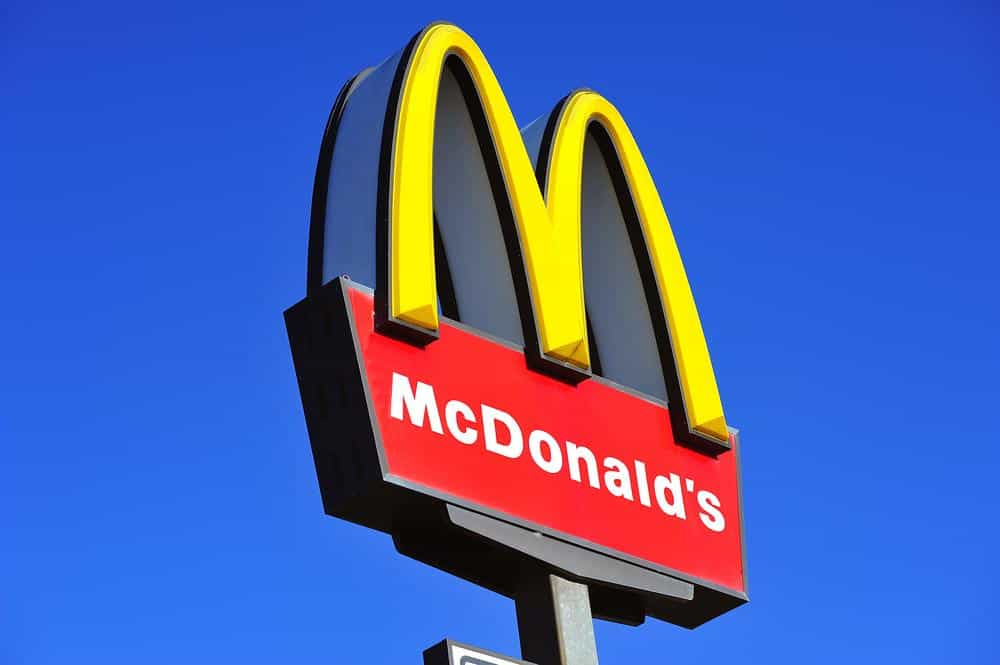
When you order a cup of coffee from McDonald’s, have you ever wondered where the coffee comes from? Behind every cup of McDonald’s coffee is a complex supply chain that spans the globe, involving a range of suppliers who are committed to sustainability and quality. In this article, we will delve into the intricate process and the players involved in supplying McDonald’s with coffee.
McDonald’s primarily sources its coffee from Gaviña Gourmet Coffee, a family-owned company based in Southern California. Other suppliers include Newman’s Own, Green Mountain Coffee, and Seattle’s Best in the United States, and international suppliers like S&D Coffee & Tea, Farmer Brothers, and Mother Parkers. McDonald’s also maintains direct partnerships with coffee suppliers in certain regions, like the Nabeiro Group in Portugal.
Primary Suppliers of McDonald’s Coffee
McDonald’s primarily sources its coffee from Gaviña Gourmet Coffee, a family-owned company based in Southern California. Gaviña has been partnering with McDonald’s since 1983, providing expertly blended coffee made from Arabica beans grown in Brazil, Colombia, Guatemala, and Costa Rica.
In addition to Gaviña, McDonald’s works with other suppliers in the United States, such as Newman’s Own, Green Mountain Coffee, and Seattle’s Best. Internationally, McDonald’s coffee supply chain includes S&D Coffee & Tea, Farmer Brothers, and Mother Parkers.
Ensuring Quality and Sustainability
McDonald’s sets strict quality management systems, conducts supplier audits, and promotes sustainable sourcing practices to ensure the quality of the coffee they purchase. The company has implemented the Supplier Quality Management System (SQMS), conducting third-party supplier audits to ensure compliance with their quality standards.
McDonald’s is committed to sourcing its coffee from certified suppliers. The company requires all coffee sourced from Honduras, Indonesia, and Vietnam to be Rainforest Alliance Certified. This certification ensures that the coffee is grown and harvested using environmentally and socially responsible practices.
To maintain food safety and quality, McDonald’s requires its suppliers to implement, maintain, and continuously update robust food safety and quality management systems. These systems must be audited regularly, at least yearly, and their effectiveness should be demonstrated through documented processes, control measures, and audits.
Sustainability in McDonald’s Coffee Sourcing
McDonald’s has a strong commitment to sustainability, aiming to source 100% of their coffee sustainably. The company verifies the sustainability of its coffee through its in-house McCafé Sustainability Improvement Platform (SIP) or by sourcing it from Rainforest Alliance Certified farms.
McDonald’s partnerships with organizations like the Rainforest Alliance, Conservation International, Solidaridad, COSA, and Fair Trade support farmers in their supply chain, their communities, and their land. Since 2012, McDonald’s has invested millions in training around 20,000 farmers on sustainable practices, such as reforestation and water quality.
Direct Partnerships and Exclusive Deals
McDonald’s maintains direct partnerships with its coffee suppliers. In Portugal, McDonald’s signed a contract with Alentejo-based Nabeiro Group, which will see Delta coffee served in 189 McDonald’s locations in the country, including more than 90 McCafé stores.
The Coffee Supply Chain Process for McDonald’s
The coffee supply chain process for McDonald’s starts with sourcing coffee beans from sustainable farms. The coffee beans are bought in green bean form and shipped to the supplier’s roasting site, where they are blended in batches and specially packaged to keep the roasted beans fresh. After roasting, the coffee is distributed to McDonald’s restaurants, where it is freshly ground for each cup.
Conclusion
The story of who supplies McDonald’s with coffee is a complex one, involving a range of suppliers who are committed to sustainability and quality. McDonald’s commitment to sourcing its coffee sustainably underscores its dedication to supporting farmers and the environment while ensuring the quality and taste that its customers have come to love. The next time you sip a cup of McDonald’s coffee, remember the journey it has taken from the farm to your cup.
Frequently Asked Questions
What is the Rainforest Alliance Certification?
The Rainforest Alliance Certification is a globally recognized symbol of environmental, social, and economic sustainability. It helps businesses meet comprehensive standards that protect the environment and promote the rights and well-being of workers, their families, and communities.
What is McCafé Sustainability Improvement Platform (SIP)?
The McCafé Sustainability Improvement Platform (SIP) is McDonald’s own program, developed in partnership with Conservation International, to promote sustainable coffee production. The platform works directly with coffee farmers to provide training and support in improving farming practices, enhancing the sustainability of their farms, and improving the quality of their beans.
What is the Supplier Quality Management System (SQMS) used by McDonald’s?
McDonald’s Supplier Quality Management System (SQMS) is a comprehensive system for the management of supplier performance, including food safety, quality, service, and cost. It includes regular audits by third parties to ensure suppliers meet McDonald’s stringent standards.
Who are some of the organizations McDonald’s partners with for sustainability?
McDonald’s partners with several organizations for sustainability, including the Rainforest Alliance, Conservation International, Solidaridad, COSA, and Fair Trade. These partnerships help support farmers in their supply chain, their communities, and their land.
What are the main countries where McDonald’s sources its coffee beans from?
McDonald’s sources its coffee beans mainly from Brazil, Colombia, Guatemala, and Costa Rica. However, they also source coffee from countries like Honduras, Indonesia, and Vietnam, all of which must be Rainforest Alliance Certified.

